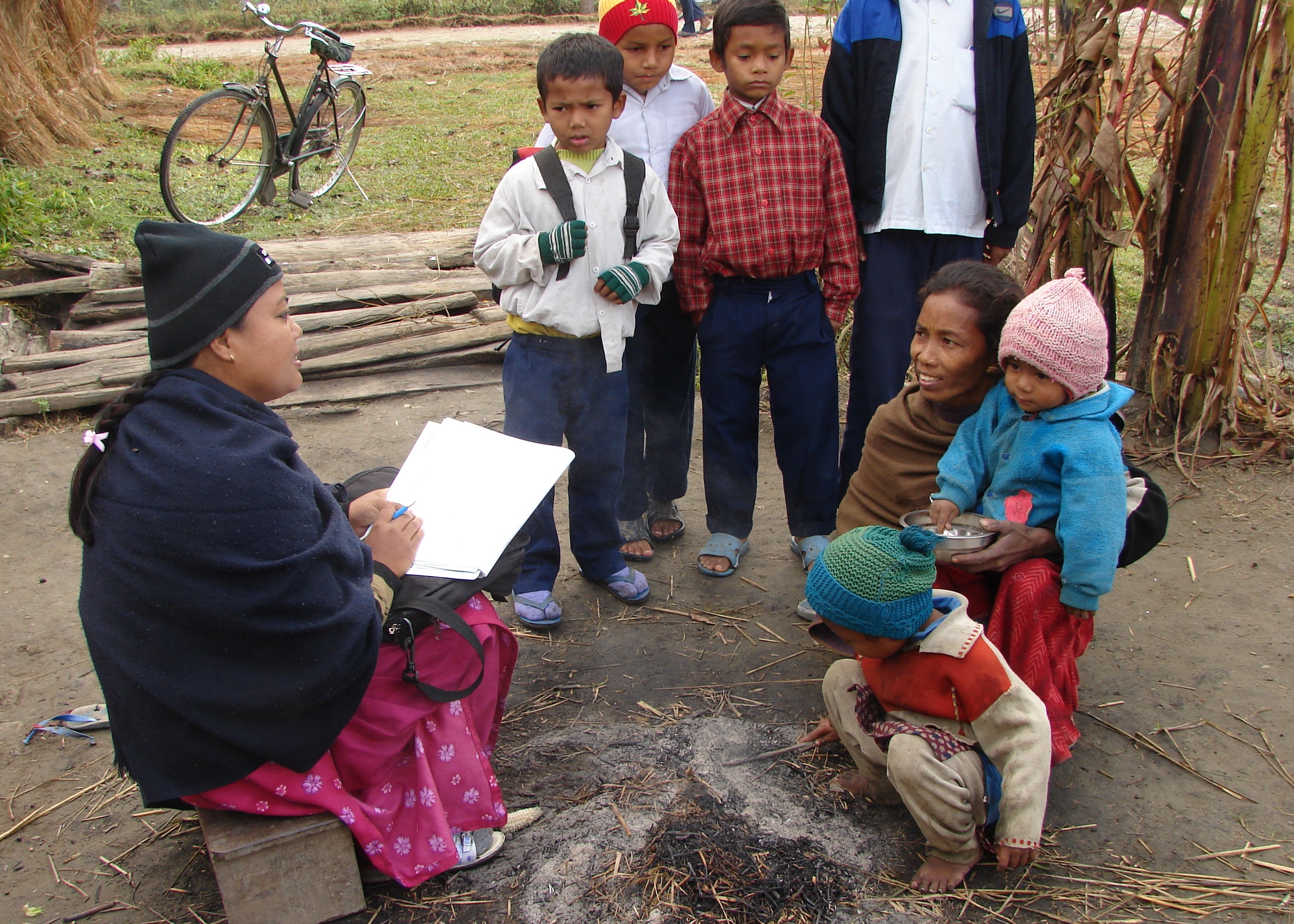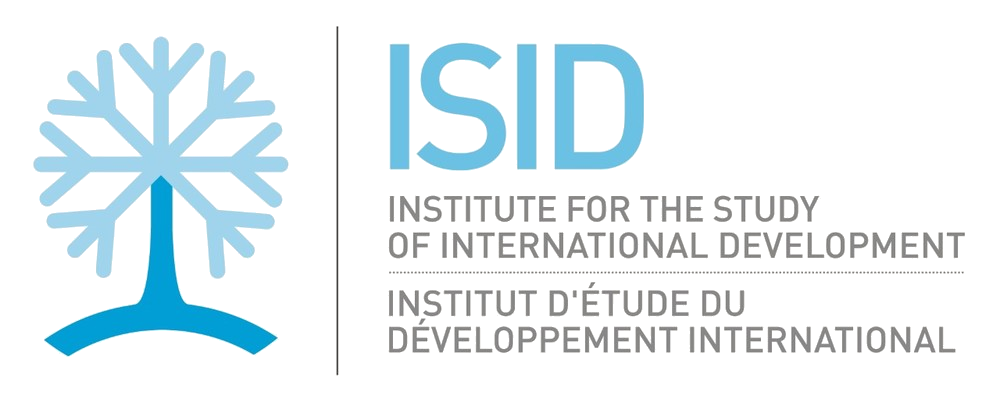Female Labor Force Participation and Child Outcomes
Partnership including Sarah Brauner-Otto

Project Description
Women comprise an ever-larger share of the non-family labor market across the globe. This transition alters family dynamics, with empirical evidence indicating influences on the health and educational outcomes of children. Although previous research has explored this relationship, those efforts have been unsuccessful in separating the influence of women's labor-force participation from other concurrent changes happening at the community and household level, such as changing market structures and increasing employment opportunities, or changing employment experiences of other household members. Additionally, most of the existing research has been conducted in wealthy countries where this transition occurred decades prior.
This project examines the relationship between maternal employment experiences and child outcomes in a poor, subsistence agricultural setting currently transitioning from almost no women in the non-family labor market (i.e. in wage labor or salary jobs, or other out-of-home businesses), to women's greater participation. This setting provides a unique opportunity to estimate the influence of women's participation in the very early stage of transition - an empirical opportunity not possible in economically advance settings. We use long-term, multilevel panel data covering the very beginning of this fundamental transition in household dynamics through the present day. The data set has multiple measures of child outcomes, specifically educational enrollment and attainment, height and weight, subjective health, immunization status, and child mortality. It also contains complete maternal employment histories, including multiple types of non-family labor. Importantly, these data also provide longitudinal data on community characteristics such as nearby employers and complete employment histories for other adult household members. The findings from this study will reveal important information about the processes influencing child well-being throughout the world.
Funding for this project is provided by the Eunice Kennedy Shriver National Institute of Child Health and Human Development.

